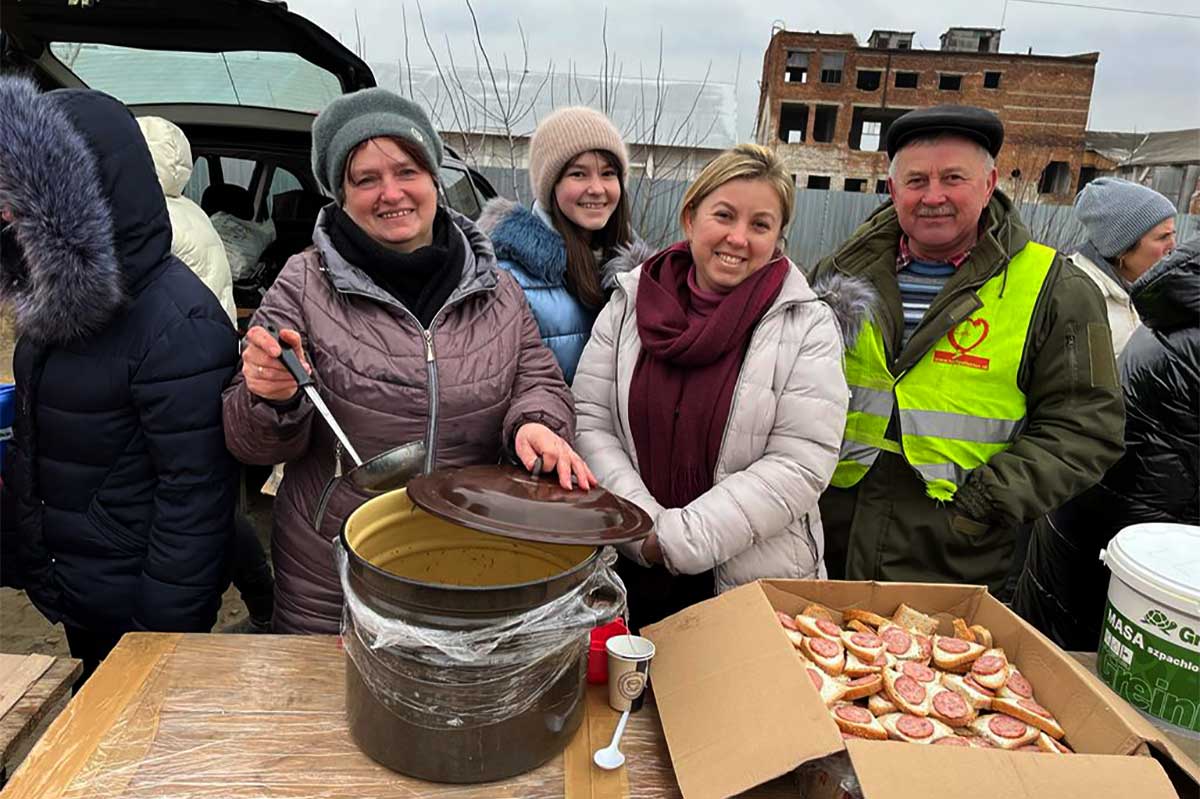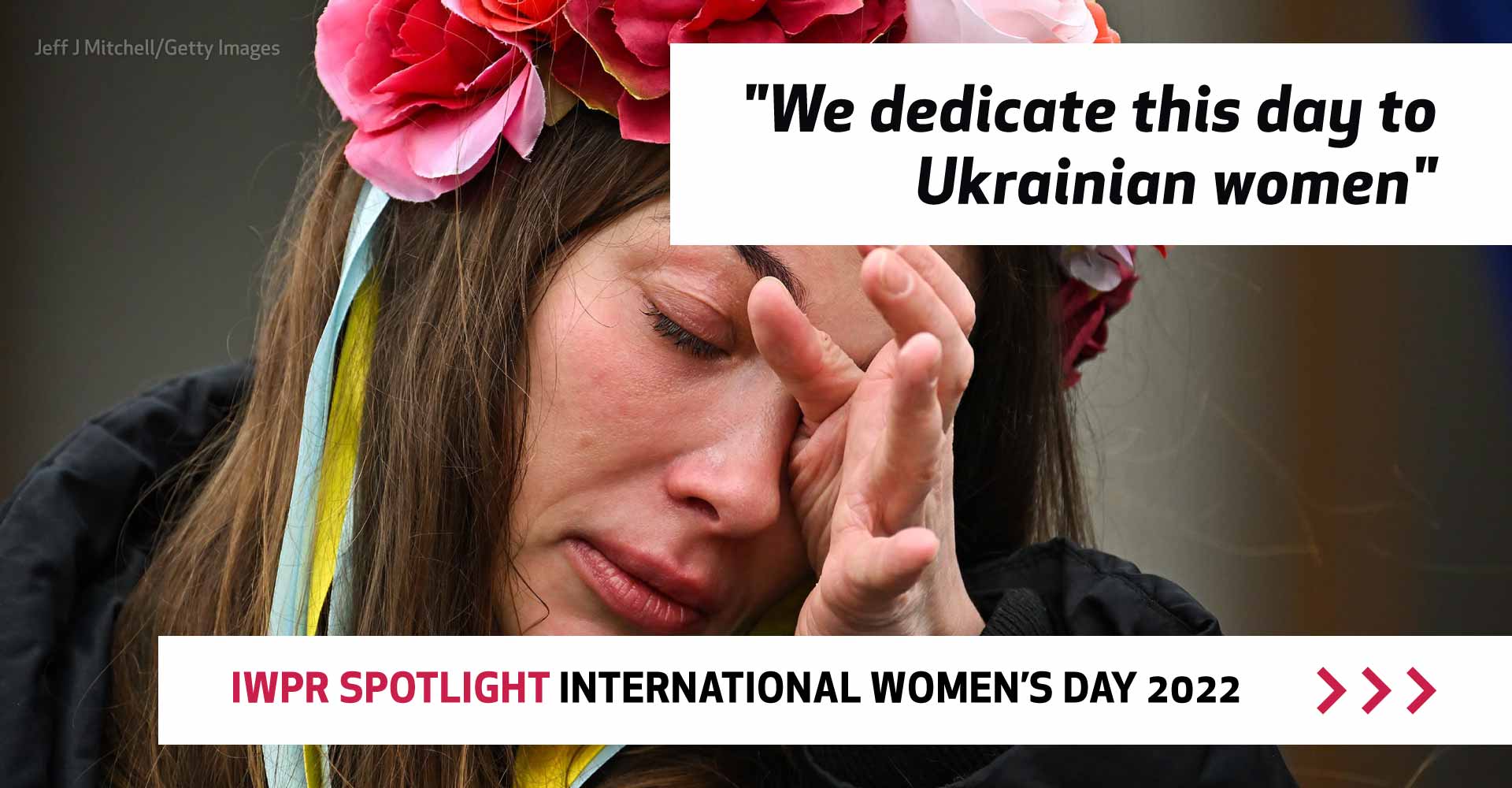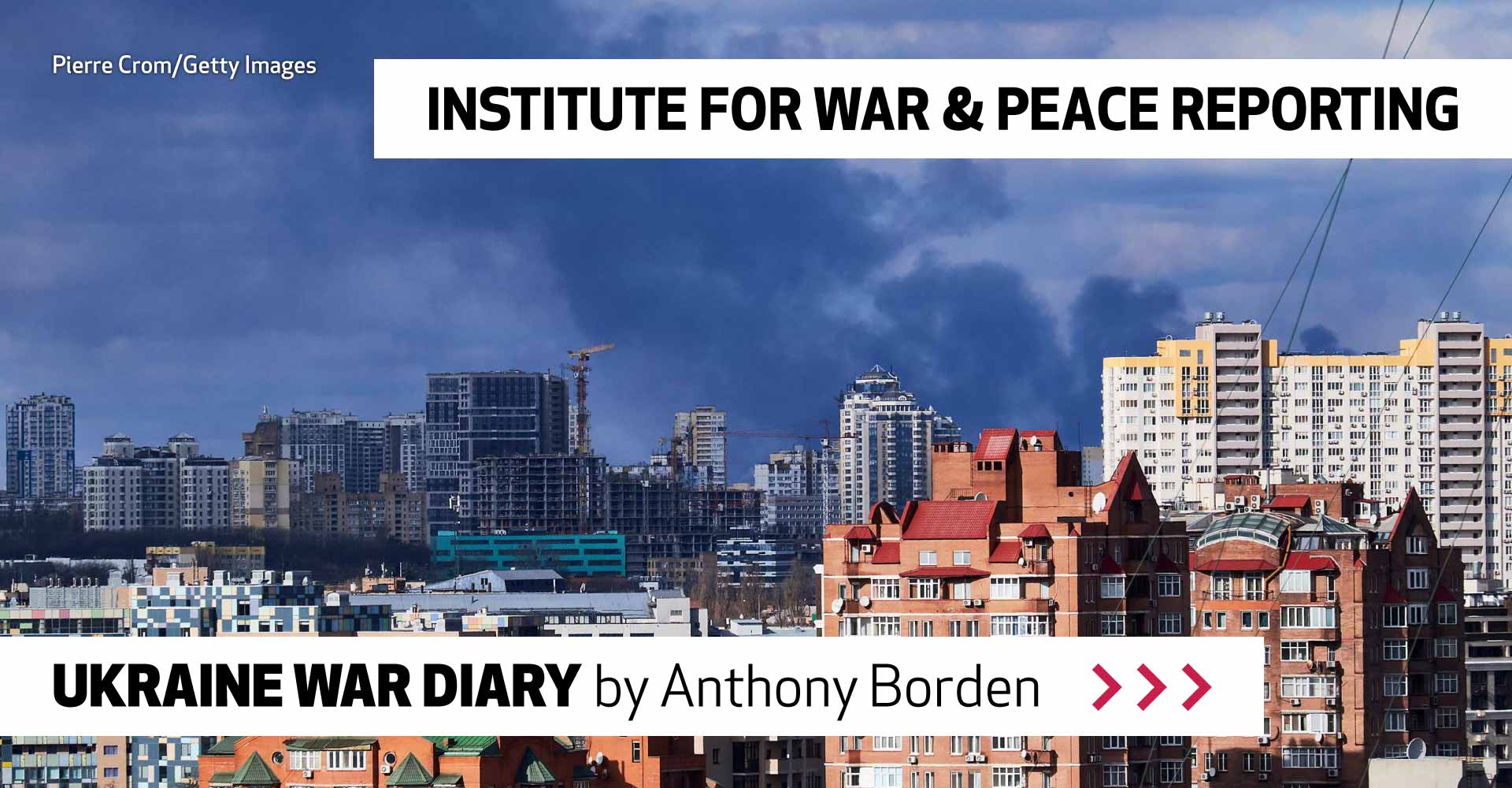Ukraine: On the Train West
Tightly packed, women and children endure the long journey to safety.
Ukraine: On the Train West
Tightly packed, women and children endure the long journey to safety.
It was on her way to the shops on the evening of February 23, that Viktoria sensed a metallic smell in the air and had the impression of dust on her skin.
“Something was wrong. It was a very strange day. You felt something,” the 33-year-old said, recalling walking uneasily through the streets of her hometown of Odesa.
Just the night before, her boyfriend Andreii had proposed, going on one knee and giving her a Lord-of-the-Ring-style ring.
“It was like a fairy tale,” said Viktoria, an acting coach.
Childhood friends, since both divorcing last year their relationship had changed, and they
lived together with her mother and eight-year-old son, Maxim.
So she should have been happy; but the evening was somehow restless.
A few hours later, before early light, Russian missiles were launched from positions encircling the country and explosions were heard around the city.
Ukraine, and Viktoria’s beloved cosmopolitan town of Odesa, were at war. Her new life, which had at last come together so completely, was now in pieces.
The next day, Andreii told her to travel to her ex-husband in Germany. He would stay in Odesa to fight.
Viktoria tells me this story as we stand by a wood fire heating a cauldron of water, scattered snow flakes falling.
A poorly connected lamp casts light across the tea fixings, which volunteers prepare for the 1,800 Ukrainians fleeing the war on a train from Lviv to Przemyśl, Poland.
Lviv is Ukraine’s safe haven town, 70 kilometres from the border. The journey to Poland normally takes around two and-a-half hours but now starts with at least a six hour wait amidst thousands of others at the elegant art nouveau railway station.
Poland is accepting refugees en masse; current count is more than a million and growing. Tiny Przemyśl has just two or three officers checking documents. With up to ten trains in a 24-hour period through this route, that’s around 18,000 people to process a day, creating a major logjam all the way back the line.
Nobody wants to begin a life as a #refugee #przemyśl #UkraineUnderAttaсk pic.twitter.com/dxbDjhNtgv
— Anthony Borden (@tonyborden) March 5, 2022
From the East
Carriages are packed with people and bags, every available inch of floor, seating and luggage space taken.
Many on these trains have hardly slept since the war started, with bombing and air-raid sirens disturbing their rest all night.
One, Anna, 35, a lawyer from Kyiv, tells me with a blank-eyed stare, “I haven’t slept in three days. I do not believe it. I am in shock.”
Each bank of seating should hold 12. Now this space averages 18-20 women and children, throughout the train, children lying in laps, adults sitting in the aisles on luggage. And, in carriers here and there, a lot of cats, plus a few dogs.
With everyone squeezed tightly, it is impossible to rest. Many just stand, barely able to keep their eyes open.
"Carriages are packed with people and bags, every available inch of floor, seating and luggage space taken. Many on these trains have hardly slept since the war started."
In my seating area there are three people from Odesa and a family from the strategic eastern city of Kharkiv. Most of the people on this train are from the east and south.
Anna, 21, from Kharkiv, estimates that 80 per cent are native Russian-language speakers. That is, the people Vladimir Putin says he is defending. They are of course fleeing not to Russia but to Europe.
Save for one car reserved for non-Ukrainians, the train is for women and children only.
All adult Ukrainian men are mobilised for service and prevented from leaving the country. To avoid the ugly scenes of tension with racial undertones from the first days of the exodus, non-Ukrainian men leaving the country – mainly workers and students from Africa and Asia – travel by bus.
#Poland has opened its arms to #Ukraine #RefugeesWelcome #UkraineRussianWar pic.twitter.com/Xd4hVP0pVG
— Anthony Borden (@tonyborden) March 6, 2022
Tea, Soup and Hope
After about an hour’s progress, we lurch to a halt in a non-descript, abandoned industrial area. They say it will be for an hour; it ends up more than eight.
By a fence, volunteers set up tables of chicken soup, borscht, bread, sausage and tea. Ukraine has a remarkable culture of civic organising, and the local community has come together. They even roll out electrical cords and chargers so people can refresh their phone batteries and call loved ones.
“I cried when I saw it,” said Viktoria. “I’m from another part of the country. My country is at war. I did not know that people would do this for me.”
The hospitality is appreciated not just because of the welcome nourishment but because of the east-west question.
Putin has justified his whole assault on this engineered discord, while for Ukrainians it’s a non-issue. There is a language preference among many, especially elderly Russian-speakers from the Soviet period. But most speak both and testify it’s not a cause for conflict – all are Ukrainian.

Kharkiv Under Fire
As we wait hour after hour, there is no way to settle. The temperature drops, darkness falls, volunteers pack up and leave. Inside the train it is stifling, children on edge, no position comfortable. The mood is not good.
Climbing in and out of the train is a challenge, too, disturbing children, stepping over and on those in the aisles. As the only adult man in any of the nine Ukrainian cars, I get a lot of angry looks.
“Why are you here?” one woman asks. “Can’t you see we are tired? Go somewhere else.”
I go back out to the tea area, hoping for warmth.
By the fire, I meet Dasha, 19, from Kharkiv, who describes how Russian forces shelled residential areas and the central Freedom Square.
“The most terrible time was two days ago,” she says. “It was very noisy and scary. The ground was shaking, and my heart was beating so much. So much bombing, all around my house. It is only because of God that we are here. It was a beautiful city with beautiful buildings. Now it is destroyed.”
Dasha is studying choreography at the Kharkiv School of Drama. She and her mother live on the fifth floor of a nine-storey block, and early on the electricity went out.
When then they heard shelling start, they walked down the flights to the basement, sitting in the dark. Sometimes they stayed five hours, climbed the stairs to their apartment for 15 minutes, and then went right back down. Mostly, she said, they just listened to the bombing and were afraid.
Putin, Dasha said, “always wanted to take over Ukraine. That was his dream. He always wanted to make conflict between east and west Ukraine. He has killed a lot of people. But we Ukrainians are all together, and just want to live in peace”.
As we finish our tea, I ask her plans.
“I think we will return to Kharkiv, if it is in Ukraine. It’s my city and I love it,” she says. “But if it is in Russia, we will never go back.”
End of the Line
At last we are called back into our carriages, and the journey trundles on. Buoyed by hope, a row of passengers in our car breaks into the Ukraine national anthem.
But it’s premature. After another 45-minute journey we stop again, at a Soviet-era local station. I had been here a week before, and it is dramatically improved – more food and tea, charging points. Ukrainian authorities and volunteers have clearly been at work.
Many passengers pour out of the train, to refresh themselves in the air and toilets, get out of the crush. Many others remain seated, finally finding a position with fewer people around so they can close their eyes.
The station manager, Vitaliy, 60, explains that they have only four or five people to manage the whole operation. “We do with what we have,” he said.
"As we cross the border, sorrow rises. They are leaving Ukraine."
In the first days of the exodus, it was hellish. On my previous trip, someone died on the train, everyone was extremely stressed, and dispute erupted constantly. There was no food, no phone chargers and only a little tea for 2,000 passengers.
The situation is calmer now, but the wait is still another five hours. At first light we are called over the Tannoy to board. Now reality hits. As we cross the border, sorrow rises. I see a young woman, no more than 18, staring out the window and wiping her tears. They are leaving Ukraine.
Another 45 minutes or so and we are at the small station of Przemyśl. We left Lviv around 2pm Friday, and arrive around 7am Saturday.
“A week ago I travelled as a VIP. Now I have nothing,” says Natalia, the eldest of the Odesa friends. “I don’t know what I am anymore. I just want to sleep.”
There is no time for goodbyes. After the endless journey, it is all so quick. There is a train departing soon to Warsaw and Berlin. We drag luggage, children and ourselves across the tracks, and they are gone.
An Uncertain Future
My neighbours on the train had connections in the west, some level of English and an idea of what to do.
But that’s not the majority by any means. At the first lay-by stop I meet Olga, a school finance administrator from Zaporizhzya, 225 kilometres up from the battered coastal city of Mariupol.
I had gone out for air as the sky darkened and we watch her sons, six and eight, play on piles of construction sand. Olga explains that she has no plan at all.
“I left my husband and my home, my mother, my job, my dogs. I will go to Poland, but I don’t know what I will do. I have nothing. I just want a life for my sons.”
She was terrified, and terribly sad. Tomorrow is her 35th birthday. “Where will I be on this day, I don’t know.”
Others vowed to return, soon. Before we part, Viktoria tells me that she would be back to Odesa after leaving Maxim with her ex-husband in Bonn.
“My son is crying all day,” she said. “He understands, he’s nervous. He says, ‘Mummy, stay with me.’ It will be very difficult to leave my son.
“But I feel I must be with my city and my friends, and my love. I am not going to sit in Germany drinking a coffee,” she says. “My country is at war, and I am going to say, ‘Fuck you.’”


